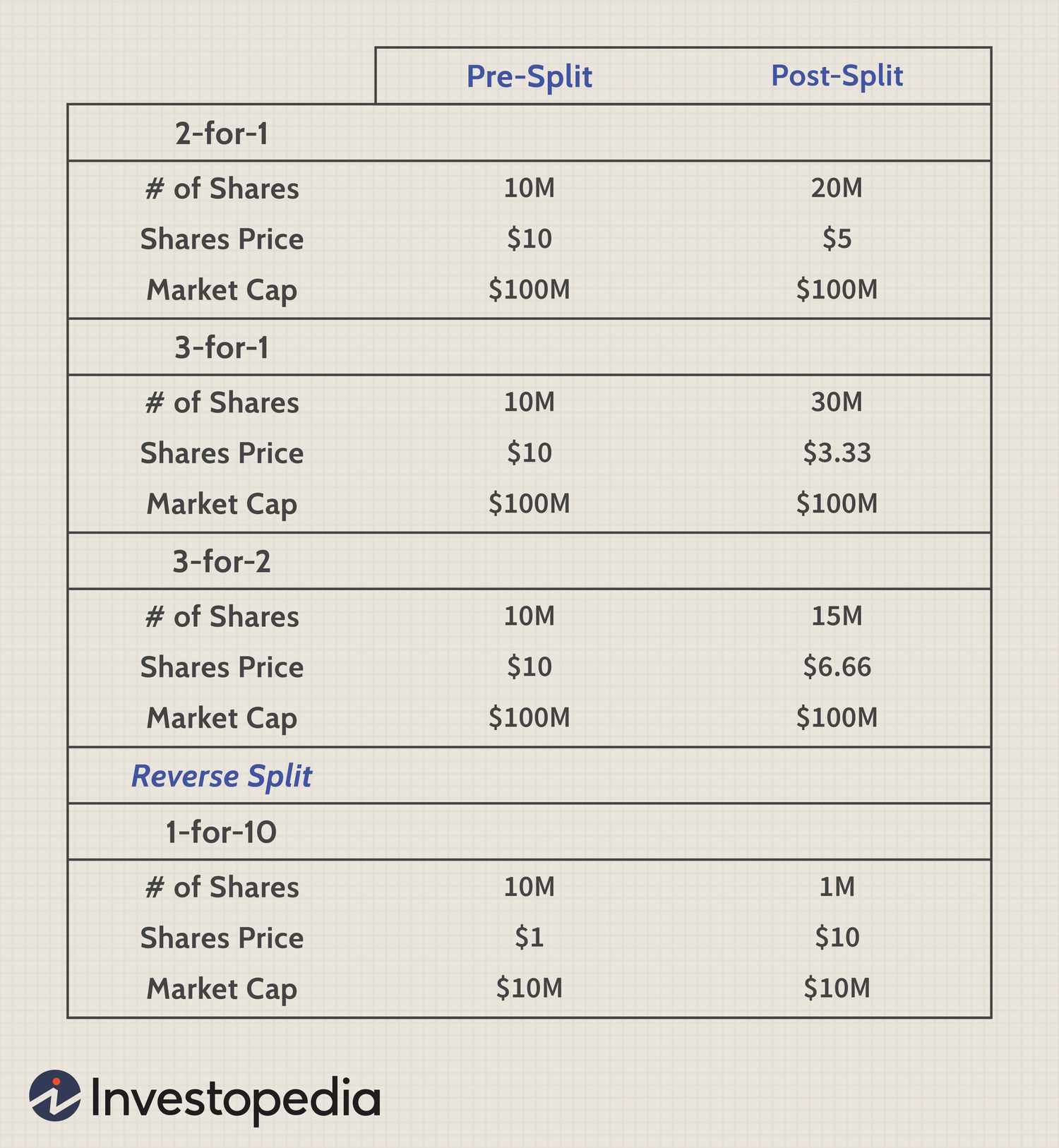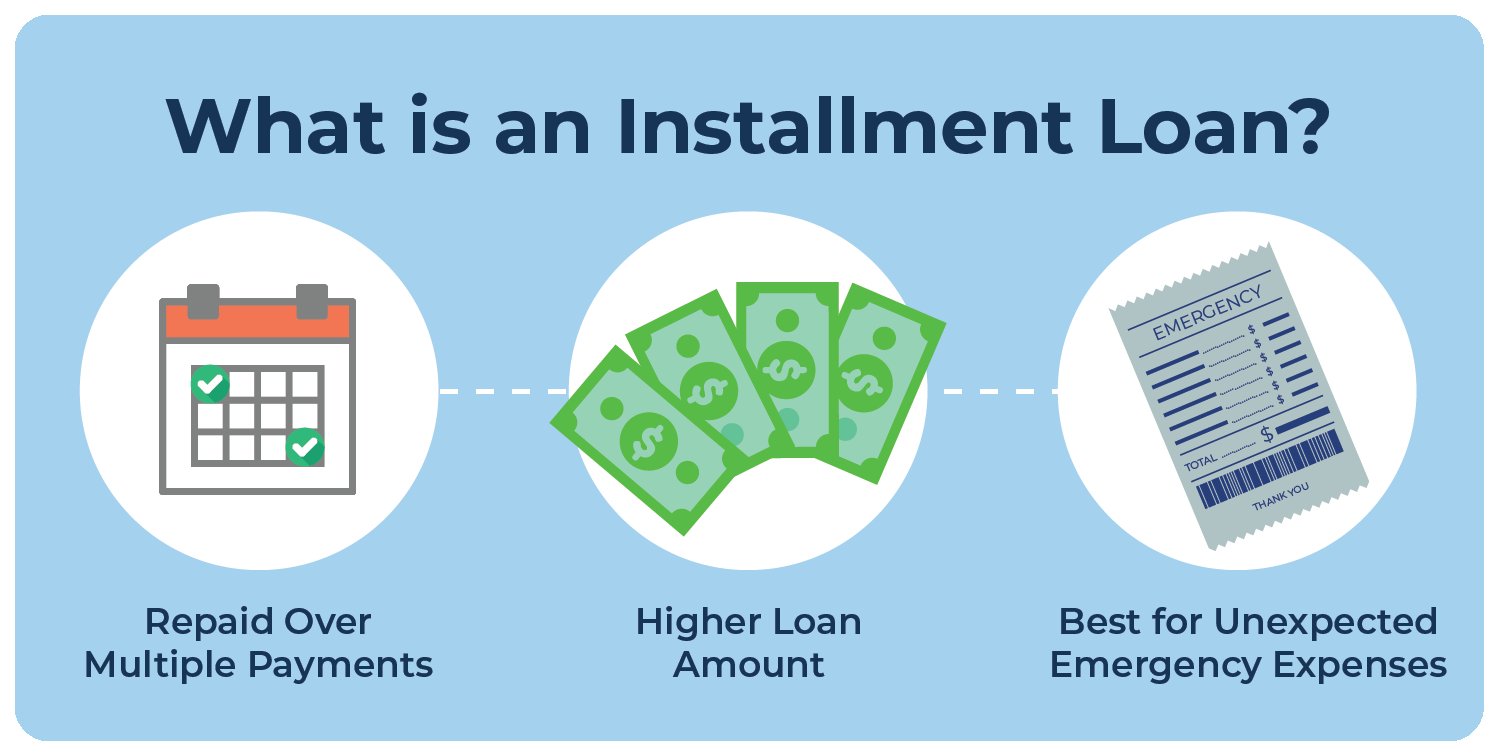Negotiating your first salary can be a daunting task, but fear not! In this article, we will provide you with some valuable tips for navigating this crucial step in your career journey. Whether you’re starting a new job or transitioning into a different industry, it’s essential to advocate for your worth and ensure you’re compensated fairly. So, if you’re wondering how to approach salary negotiations like a pro, this is for you. Let’s dive in and uncover the secrets to securing the best possible compensation package for yourself.
Tips for Negotiating Your First Salary
Introduction
Negotiating your first salary can be a daunting task, but it’s an essential part of starting your career on the right foot. Many individuals may feel nervous or unsure about the process, but with the right preparation and mindset, you can successfully navigate this crucial conversation. In this article, we will provide you with valuable tips and strategies to help you negotiate your first salary successfully. We will cover everything from understanding your worth to researching the market, presenting your case effectively, and handling counteroffers. Let’s dive in!
1. Know Your Worth
Knowing your worth is a crucial first step in salary negotiations. Understanding the value you bring to the table will give you confidence and leverage during the negotiation process. Here’s how you can determine your worth:
- Research industry standards: Explore salary ranges for similar roles in your industry and location. Online resources, industry reports, and professional networks can provide valuable information.
- Consider your qualifications: Take into account your education, relevant experience, certifications, and any unique skills or accomplishments that set you apart.
- Evaluate your marketability: Assess the demand for professionals in your field. If the demand is high and the supply is low, you may have more negotiating power.
2. Research the Market
To negotiate effectively, you need to be well-informed about current market trends and salary ranges. Conduct thorough research to gather valuable data that will support your negotiation strategy:
- Use salary comparison websites: Websites like Glassdoor, Payscale, and Indeed can provide insights into industry-specific salary data. You can compare salaries based on location, experience level, and specific job titles.
- Tap into professional networks: Connect with professionals in your field who can give you firsthand information about salaries or provide guidance on negotiating in your industry.
- Consult industry reports: Look for reports published by reputable organizations or industry associations that offer salary benchmarks for your role. These reports can give you a broader perspective on salary ranges.
3. Prepare Your Case
Before entering into salary negotiations, it’s crucial to prepare a strong case that highlights your value and justifies your desired salary. Here are some key points to consider:
- Quantify your achievements: Identify specific achievements or projects where you made a significant impact. Highlight how your contributions benefited your previous employer or how they relate to the position you’re applying for.
- Highlight relevant skills: Emphasize the skills and abilities that make you uniquely qualified for the role. Show how your expertise aligns with the requirements of the job.
- Outline your future contributions: Demonstrate your potential to contribute to the company’s growth and success. Discuss your long-term goals and how they align with the organization’s objectives.
4. Develop a Negotiation Strategy
Having a well-defined negotiation strategy will boost your confidence and increase your chances of success. Consider the following tips:
- Set a realistic target salary: Determine your ideal salary while keeping in mind the industry standards and your research. Aim for a range rather than a fixed number to allow flexibility during negotiations.
- Identify trade-offs: Think beyond monetary compensation. Consider benefits, professional development opportunities, flexible working arrangements, or additional perks that might be negotiable.
- Anticipate potential objections: Put yourself in the employer’s shoes and anticipate possible concerns they might raise. Prepare counterarguments that address these objections without undermining your value.
5. Effectively Present Your Case
During the negotiation, it’s crucial to present your case confidently and effectively. Here’s how you can make a strong impression:
- Choose the right timing: Initiate salary discussions after receiving a job offer. Don’t bring up salary too early in the interview process, as it may divert attention from your qualifications.
- Practice your pitch: Rehearse your salary negotiation speech to ensure clarity and confidence. Focus on presenting your achievements, skills, and value proposition.
- Be assertive but respectful: Clearly state your desired salary range and the reasons behind it. Remain professional and avoid using overly aggressive or confrontational language.
6. Handle Counteroffers Professionally
It’s common for employers to provide counteroffers during salary negotiations. Here’s how you can handle them professionally:
- Evaluate counteroffers carefully: Take time to assess counteroffers and compare them with your initial expectations. Consider the overall package, including benefits and other non-monetary factors.
- Ask for time to decide: If you receive a counteroffer, it’s acceptable to ask for some time to carefully consider it. Express gratitude for the offer and emphasize your commitment to making an informed decision.
- Respond gracefully: Whether you accept or decline a counteroffer, respond in a professional and appreciative manner. Express your gratitude for the opportunity and maintain a positive relationship with the employer.
Negotiating your first salary can feel overwhelming, but with proper preparation and knowledge, you can assertively advocate for the compensation you deserve. Remember to know your worth, research the market, and develop a compelling case to support your desired salary. By effectively presenting your case and handling counteroffers professionally, you can kick-start your career on a positive note. Good luck with your negotiation journey!
FAQs
Here are some frequently asked questions about negotiating your first salary:
1. When is the best time to negotiate my salary?
It’s best to initiate salary negotiations after receiving a job offer. Bringing up salary too early in the interview process may divert attention from your qualifications.
2. How do I handle a lowball offer?
If you receive a lowball offer, express gratitude for the opportunity and professionally negotiate for a higher salary based on your research and the value you bring to the role.
3. What if the employer refuses to negotiate?
If an employer is unwilling to negotiate, consider other aspects of the job offer, such as benefits or additional perks, that may compensate for a lower salary. Ultimately, it’s your decision whether to accept or decline the offer.
Now that you have equipped yourself with valuable tips for negotiating your first salary, go ahead and confidently navigate the process to secure a fair compensation package.
Tips for negotiating your salary (from an ex-FAANG recruiter)
Frequently Asked Questions
Frequently Asked Questions (FAQs)
How do I approach negotiating my first salary?
Negotiating your first salary can be intimidating, but with the right approach, you can increase your chances of success. Start by researching salary ranges for similar positions in your industry and location. Then, consider your own qualifications and experience to determine a reasonable salary expectation. Finally, practice your negotiation skills and be prepared to articulate your value to the employer.
What factors should I consider when determining my salary expectation?
When determining your salary expectation, consider factors such as your education, relevant experience, skills, and certifications. Additionally, take into account the industry standards, the company’s size and financial health, the cost of living in your area, and the specific responsibilities of the position.
How do I respond if the employer asks for my salary expectation during the job application process?
If the employer asks for your salary expectation during the job application process, it is generally advisable to provide a range rather than a specific figure. This allows for flexibility during negotiations. However, if you are uncomfortable disclosing your salary expectation at this stage, you can politely state that you would like to discuss it further during the interview process.
What should I do if the employer offers a lower salary than expected?
If the employer offers a lower salary than expected, it’s important to remain calm and avoid a defensive stance. Instead, express your gratitude for the offer and politely inquire about the reasoning behind the proposed salary. This opens up an opportunity for negotiation. Highlight your qualifications, achievements, and the value you can bring to the company to support your case for a higher salary.
How can I demonstrate my value to the employer during salary negotiations?
To demonstrate your value to the employer during salary negotiations, emphasize your relevant skills, experience, and achievements that align with the requirements of the position. Share specific examples of how your contributions can positively impact the company’s goals and objectives. Use data and metrics whenever possible to quantify your accomplishments.
Is it appropriate to negotiate salary for entry-level positions?
Yes, it is appropriate to negotiate salary even for entry-level positions. While the room for negotiation may be smaller compared to higher-level positions, it is still important to advocate for fair compensation based on your qualifications and the value you can bring to the organization. Research industry standards and be prepared to present a well-reasoned case for a higher salary.
What if the employer refuses to negotiate the salary?
If the employer refuses to negotiate the salary, it’s essential to respect their decision while considering other factors that may be negotiable, such as benefits, vacation time, or professional development opportunities. Remember, the negotiation process is a chance to find a mutually beneficial agreement, so remain professional and open to alternative forms of compensation.
Should I accept a job offer if the salary is below my expectations?
Whether to accept a job offer that falls below your salary expectations depends on various factors. Consider the overall compensation package, including benefits, bonuses, and opportunities for growth. Evaluate the company culture, job responsibilities, and long-term career prospects. If the offer aligns with your career goals and offers room for progression, it may still be worth accepting, especially if negotiation efforts have been unsuccessful.
Final Thoughts
In conclusion, negotiating your first salary can be an intimidating process, but with the right approach, you can secure a fair and satisfactory compensation package. Firstly, research the industry standard to have a realistic expectation of your worth. Secondly, prepare a solid case by highlighting your skills, qualifications, and accomplishments. Thirdly, practice your communication and negotiation skills to confidently present your case. Don’t be afraid to ask for what you deserve, but also be open to negotiation and compromise. Remember, the key to success lies in being well-informed, confident, and assertive when negotiating your first salary.



